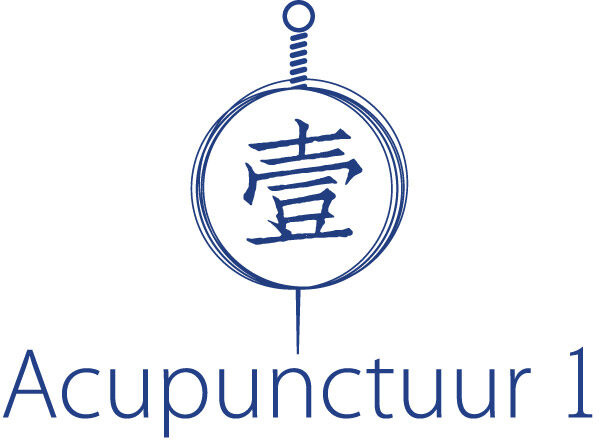Menopause
For women
Menopause, the end of the last menstrual period, marks the end of the fertile period. On average, women are between the ages of 45 and 55 years old when menopause occurs.
The changes in hormones during perimenopause and menopause, especially the decrease in estrogen, can cause acute symptoms: about 30% to 70% of women in Western countries have complaints such as hot flashes and excessive sweating. Some women also experience vaginal dryness, bone loss (osteoporosis) and psychological symptoms, including fatigue, poor sleep, mood swings, forgetfulness and decreased libido.
In most women, the complaints last about four years, but in about 10% of the cases they last more than 12 years. Due to chemotherapy, many women over the age of 40 advance into the menopause.
Western mainstream medicine nowadays uses restrained hormone therapy (HRT), with estrogen or a combination of estrogen and progesterone. Hormone therapy can carry serious risks, such as the risk of breast cancer.
For men
Men also go into menopause (andropause) when their testosterone levels decrease with age. The first signs of the andropause can already appear around the 40th year. About 12% of men between the ages of 40 and 70 get complaints due to a lack of testosterone. The male sex hormone, largely produced in the testicles, is transported through the blood. Because testosterone affects the entire body – blood, brain, bones, muscles, libido, erectile strength, immune system – there are often more complaints at the same time. Frequently heard: decreased vitality, listlessness, less initiative, depressive complaints, mood swings, sleep disorders, decrease in libido, erection problems, reduction of muscle strength, anemia and bone loss.
According to TCM theory, the root cause of menopausal symptoms is the kidney, which subsequently impacts the heart, liver and spleen. Clinically, emotional lesions are considered the main symptoms of menopausal symptoms in China. Notably, in TCM, the liver has a central role in regulating emotions and Qi function. According to this TCM model of human health, women during the menopausal period exhibit kidney deficiency and liver depression. Moreover, in TCM theory, due to heart–kidney interactions, pathological changes in the kidney subsequently impact the heart, which dominates blood circulation and mental activities that result in Yin–Yang imbalance and lack of coordination. Additionally, since the kidney is
innate and the spleen is an acquired constitution that is responsible for maintaining physiological processes and synthesizing nutrients, kidney deficiency in Yang debilitation necessarily results in Yang deficiency in the kidney and spleen. Collectively, the TCM model of health posits that the main etiology of menopausal symptoms is kidney deficiency, which results in heart dysregulation, spleen deficiency, and liver depression.
Studies have shown that acupuncture can reduce menopausal symptoms. It works at least as effective and sometimes better than hormone therapy. Results can also be achieved with the Chinese medicine moxa, as well as with Chinese herbal medicine. Massage techniques, such as tuina and shiatsu, and qi gong movement exercises can help to relax and contribute to general well-being. A TCM therapist will usually use a combination of methods.
